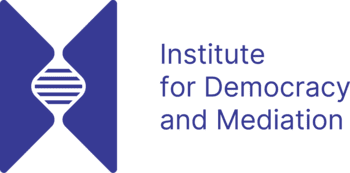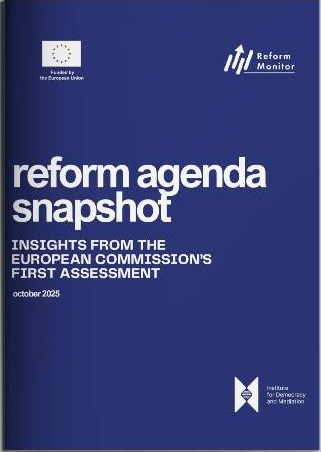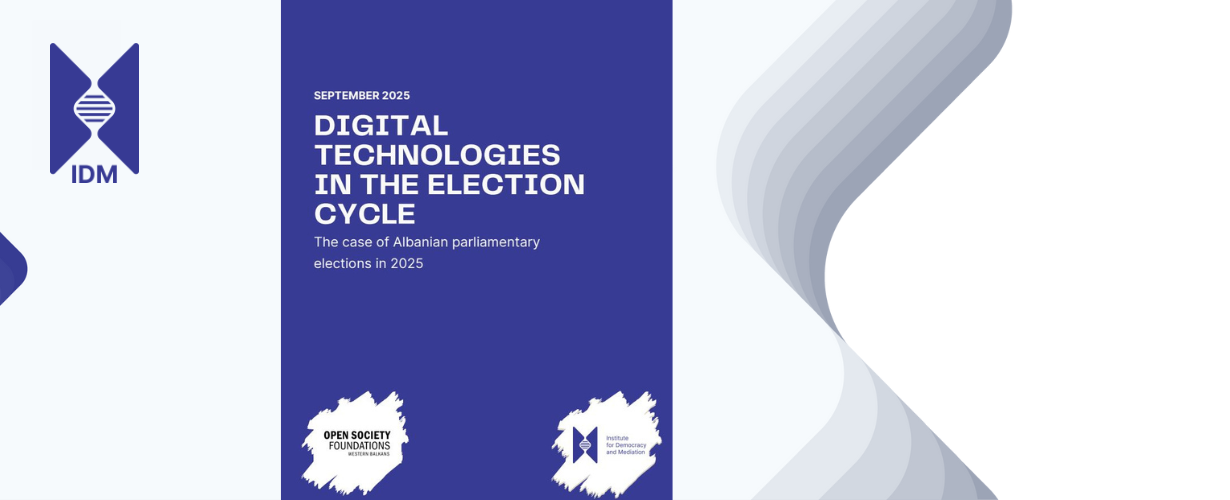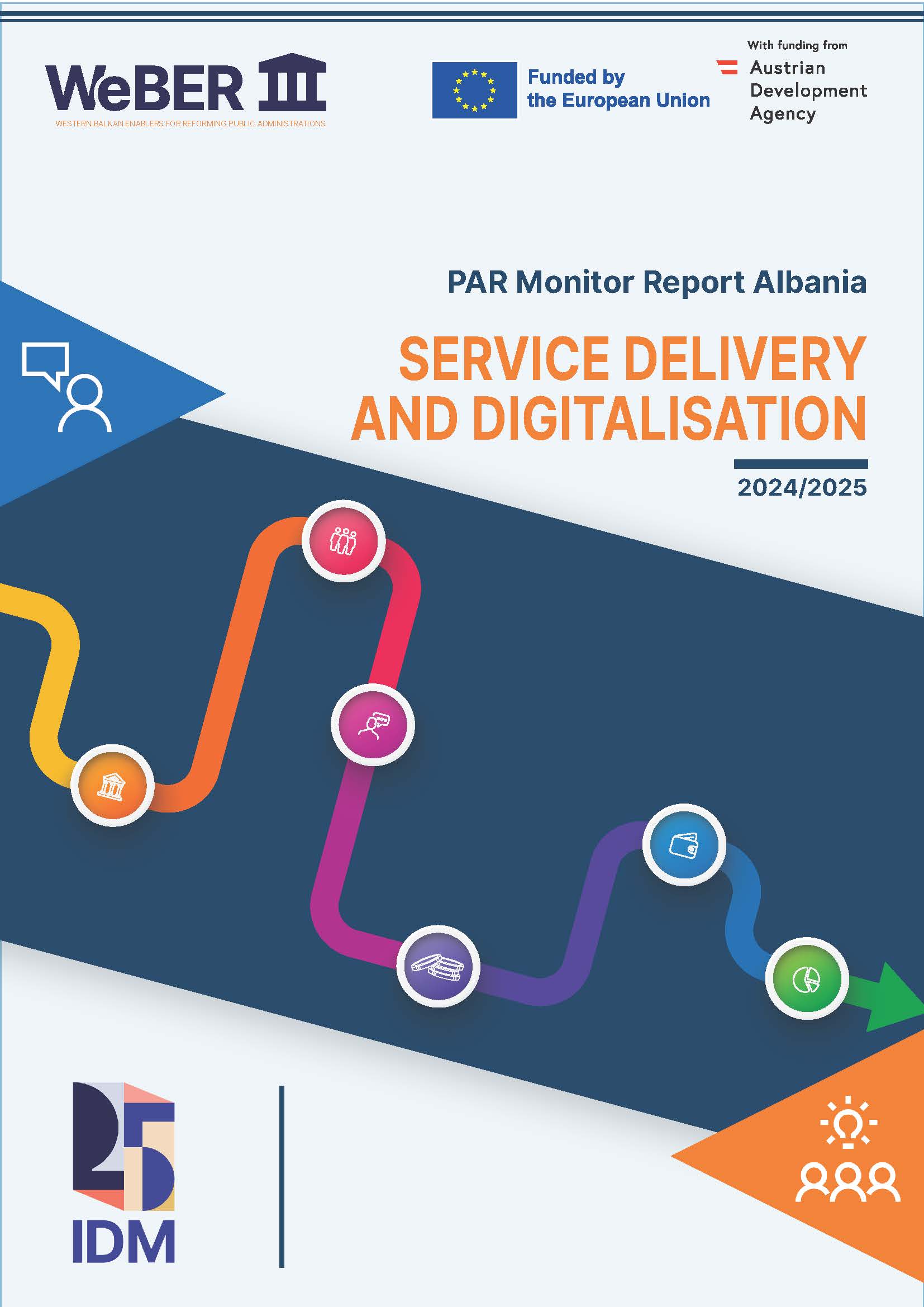Deliberative Polling: Shqiperia n’Kuvendim
November 18-21, 2021, Hotel Tirana International
Attendance: Upon Invitation Only
For the first time the deliberative democracy exercise will be carried out in Albania, thanks to this collaborative effort of the Institute for Democracy and Mediation (IDM) in consultation with the Stanford Center for Deliberative Democracy, in the framework of PACEP project, financially supported by the Swiss Agency for Development and Cooperation (SDC) and implemented by NDI – National Democratic Institute. The Deliberative polling Albania is the first national experiment in deliberation by the public about major issues facing the country. Pioneered by James Fishkin at Stanford University’s Center for Deliberative Democracy, Deliberative Polling is an attempt to use public opinion research in a new and constructive way. Fishkin and his collaborators Robert C. Luskin and Alice Siu have conducted Deliberative Polls in twenty-four countries worldwide. The goal of such an experiment is not to reach consensus per se, but to understand how a representative sample of a population would feel about various policy proposals if they had an opportunity to become informed about them. Successful deliberative polling facilitates decision-makers to get the sense of and listen to public opinion; and subsequently increase citizens’ participation in making decisions and reflecting their common interests in the decision. For more information on this event, please contact us at: [email protected]





